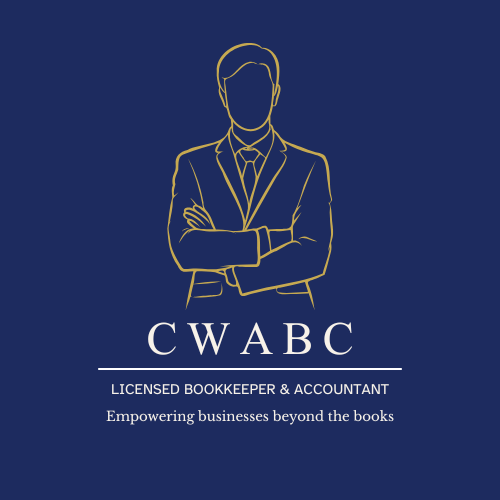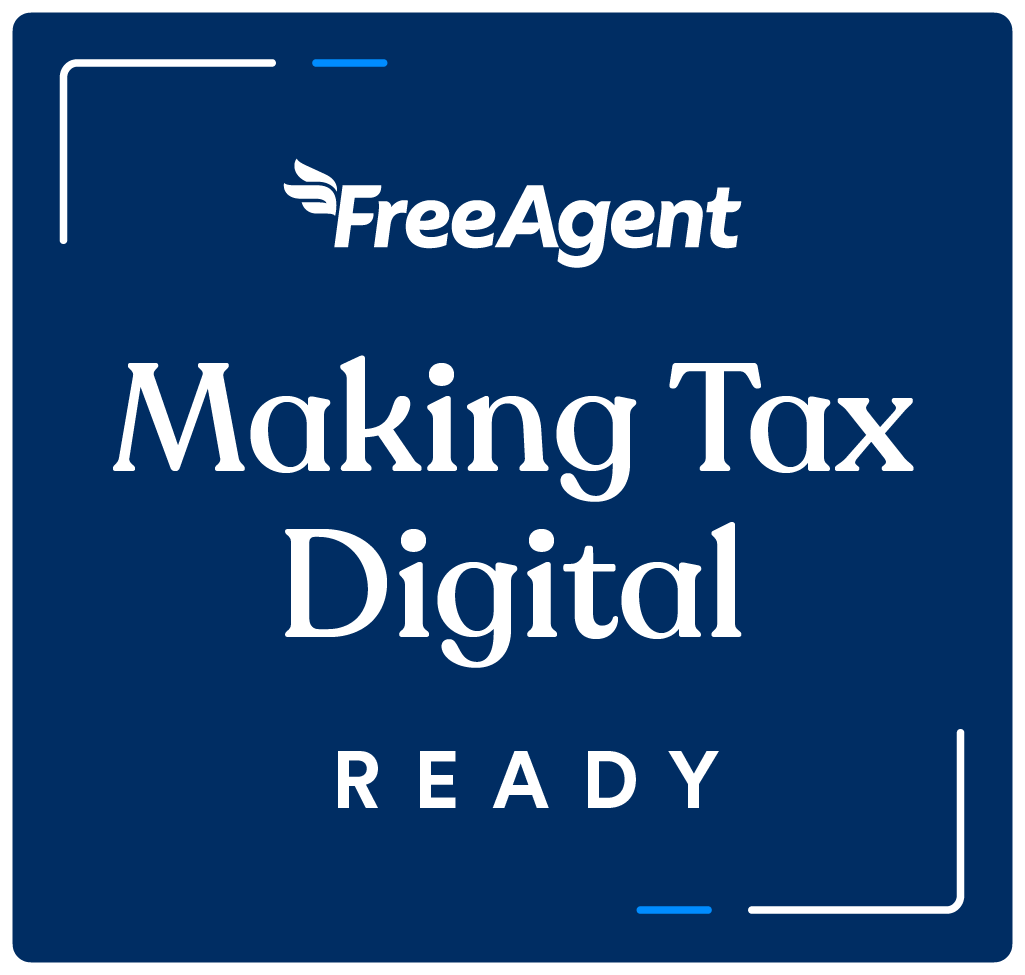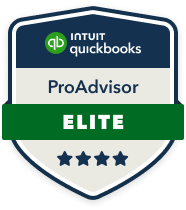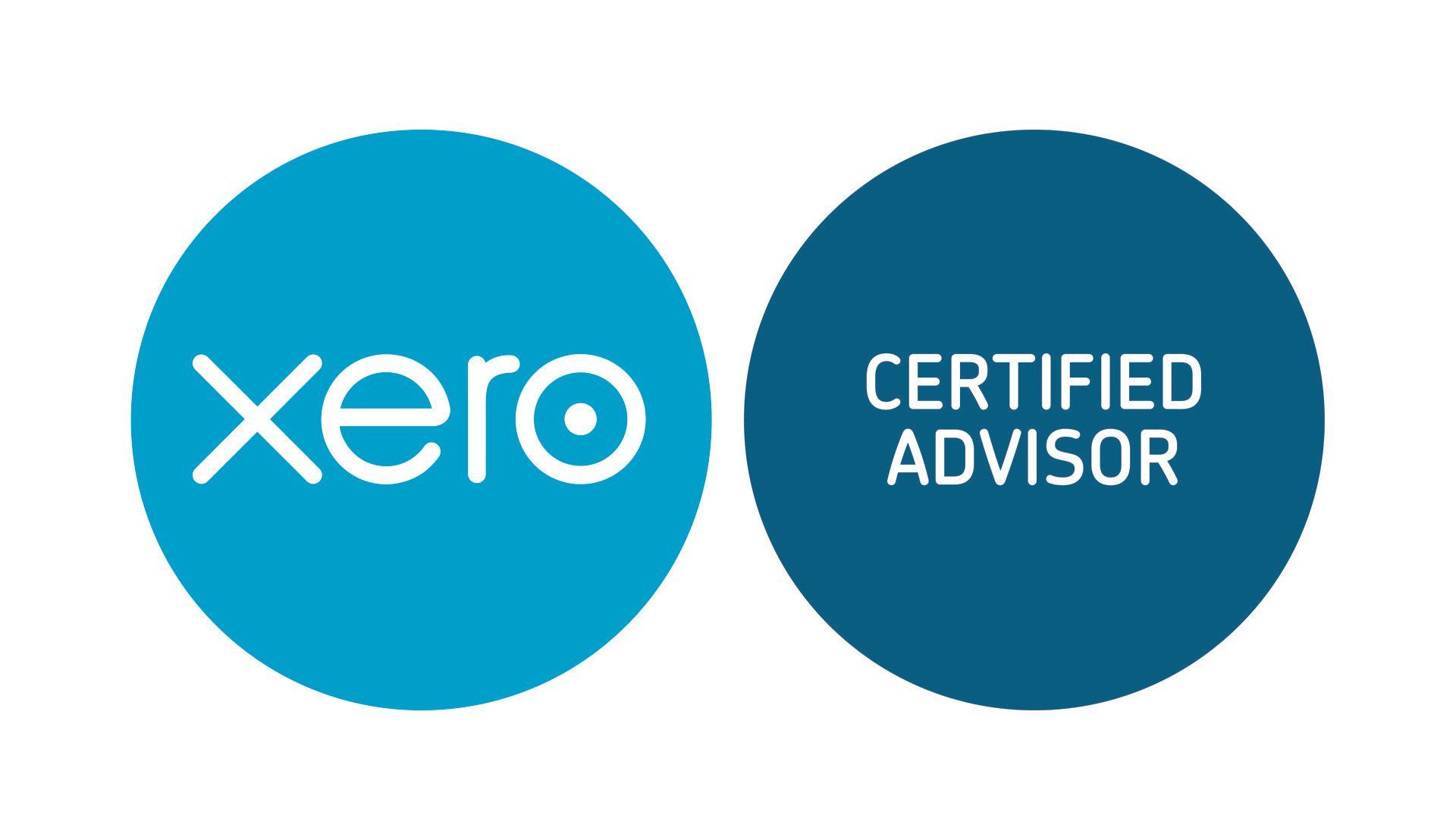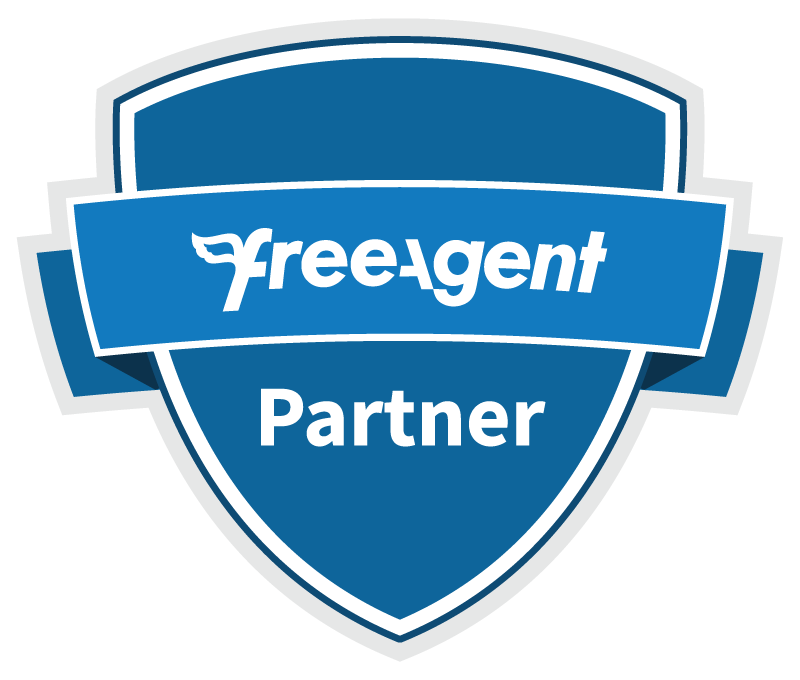Understanding Self-Assessment Tax & Payments on Account
Tax time can be a puzzling period, especially when it comes to self-assessment tax. But fear not! Let’s break it down in simple terms.
What's Self-Assessment Tax?
Think of self-assessment tax as your opportunity to report your income and any applicable expenses to Her Majesty's Revenue and Customs (HMRC). It's essentially you telling the taxman how much you've earned and calculating how much tax you owe.
How Does It Work?
1. Income Declaration: You jot down all your income sources - be it from your self-employment, side hustles, or even rental income. Anything that brings in the cash needs to be on that list.
2. Expense Deductions: Now, here's the cool bit. You get to deduct allowable expenses. Say, if you're self-employed, expenses related to your business like office supplies or travel costs can be subtracted. This reduces your overall taxable income.
3. Tax Calculation: Once your income and deductions are sorted, it's time to calculate the tax owed. The amount you owe depends on how much you've earned and the tax rates for that specific year.
4. Payments: HMRC expects you to pay your tax bill. This can usually be done in a lump sum or through a payment plan.
What Are Payments on Account?
Payments on account are like advance payments for your next tax bill. They're calculated based on the current year's tax bill. HMRC takes your tax owed for the previous year, splits it into two, and expects you to pay half in advance for the next tax year. This is assuming your next tax bill will be similar.
Why It's Important:
1. Avoiding a Big Bill: Payments on account help break down your tax bill into smaller, manageable chunks throughout the year.
2. Staying On Top: By making these payments, you're continuously chipping away at your tax liability, which helps prevent a large lump sum due at the year's end.
3. Adjustments: If your next year's tax bill ends up being less, HMRC will refund the excess you've paid. On the flip side, if it's more, you'll need to pay the balance.
Wrap-Up:
Self-assessment tax and payments on account may seem daunting at first, but they're just ways to ensure you're paying the right amount of tax throughout the year based on your income. Keep your records tidy, declare your income accurately, and don't forget those allowable expenses - they're your friends when it comes to reducing your tax bill! If in doubt, it's always a good idea to consult with an accountant to make sure you're on the right track.



